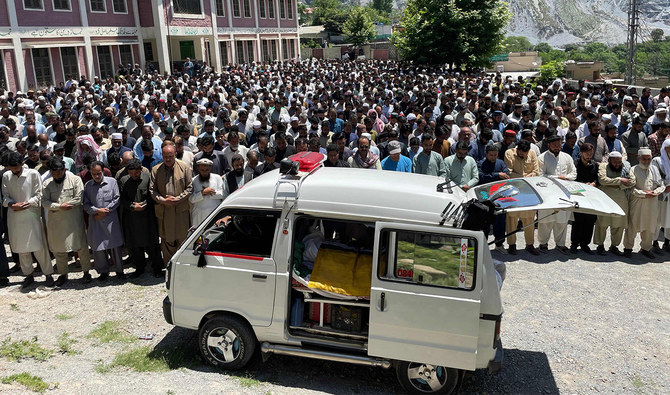Violent Protests in Azad Kashmir Prompt Prime Minister’s Intervention
Following days of tumultuous demonstrations demanding subsidies on wheat flour and electricity in Azad Jammu and Kashmir (AJK), Pakistani Prime Minister Shehbaz Sharif has announced plans to personally assess the situation in the region. The protests, which erupted on May 11, resulted in the tragic deaths of at least four individuals, including three protesters and a police officer, with numerous others injured during clashes with law enforcement.
However, a significant turn of events occurred on Tuesday, as the Pakistani government approved $83 million in subsidies for the disputed territory, effectively quelling the unrest. This decision led to the cessation of protests and prompted the regional government to swiftly implement reductions in the prices of essential commodities.
Prime Minister Sharif, acknowledging the gravity of the situation, convened a cabinet meeting to deliberate on the developments in Azad Kashmir. During the meeting, he underscored the paramount importance of maintaining law and order in the region, emphasizing its strategic significance as declared by the founder of Pakistan.
Expressing his commitment to resolving issues through dialogue, Sharif announced his forthcoming visit to Azad Jammu and Kashmir to personally assess the ground situation. He commended the AJK government for its measured response in thwarting attempts to disrupt peace and stability in the region.
The protests, organized by the Jammu Kashmir Joint Awami Action Committee (JAAC), saw widespread participation before their eventual cessation. Amjad Ali Khan, a member of the JAAC core committee, confirmed the decision to end the demonstrations, signaling a return to normalcy in Azad Kashmir.
In conclusion, Prime Minister Sharif extended gratitude to Pakistan President Asif Ali Zardari and AJK Prime Minister Anwar-ul-Haq for their collaborative efforts in resolving the crisis amicably. The events underscore the delicate balance of peace and stability in the region, highlighting the imperative of proactive measures to address socio-economic grievances and uphold the principles of governance.






